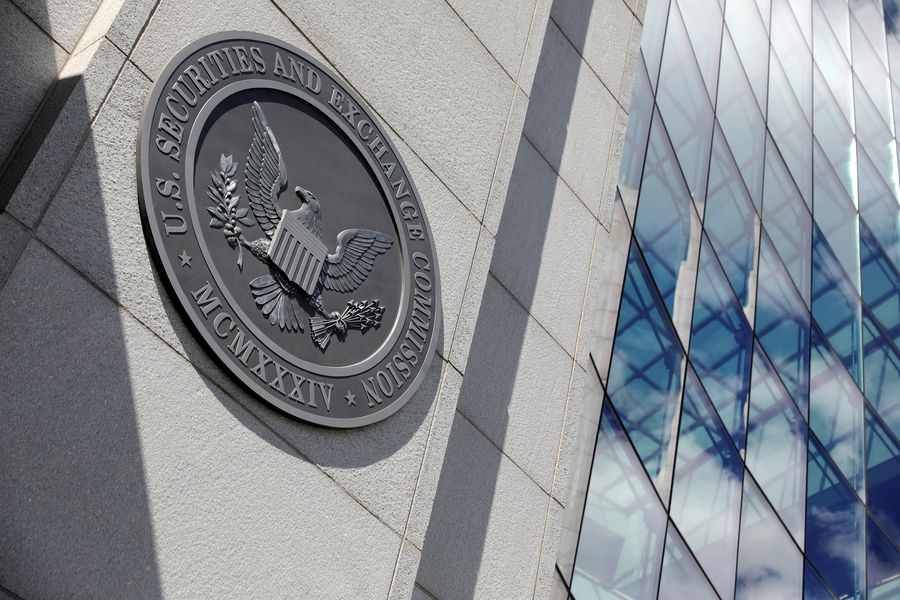
This article first appeared in La Tercera on May 24, 2021.
In his more than 100 days as President of the United States, Joe Biden has promoted ambitious measures to address the health, economic and political crisis in his country, while at the same time he has expressed interest in transcendental issues such as the fight against corruption.
In this regard, Latin America presents a challenge for the President, since according to Transparency International’s Corruption Perceptions Index 2020, it is a region that is stagnant in the fight against corruption, but with which there are important commercial links, so effective regulation is important.
In this scenario, it is worth remembering that the United States has important internal and external control mechanisms to address corruption, which in turn is expected to help raise the standard of control in Latin American countries.
The Foreign Corrupt Practices Act (FCPA), a pioneer in legislating against the payment of bribes to officials of other countries, seeks to prevent bad practices either in U.S. companies operating abroad or in foreign companies operating in the United States. The Department of Justice (DOJ) and the U.S. Securities and Exchange Commission (SEC) are in charge of enforcing the criminal and civil provisions of this law.
In this way, foreign companies investigated for corruption in Latin America have had to pass under the FCPA’s magnifying glass because of their international action. An emblematic case is Odebrecht, but going a little closer, LATAM Airlines was sanctioned under this law for improper payments made between 2006 and 2007 by a labor consultancy in Argentina to end union disputes at the Buenos Aires airport. Or the case of SQM, which had to pay a millionaire fine for violating the FCPA for irregular payments to politicians, as did its former CEO, Patricio Contesse, for being the one who directed and authorized the illicit payments. In both cases, LATAM and SQM admitted to the U.S. authorities that they had not complied with internal control standards and had entered false expenses in their accounting, for which reason they had to strengthen their compliance program and submit to an independent corporate monitor who would evaluate its effectiveness and ensure that it complied with U.S. anti-corruption laws.
And as unbelievable as it sounds, in the context of the pandemic crisis, 2020 was an active year for Foreign Corrupt Practices Act enforcement, particularly in Latin America. This is highlighted in a paper by international law firm Wilmer Hale, which indicates that many of the cases investigated and settled by U.S. regulators last year involved Latin American companies. In fact, there were twice as many financial sanctions as in 2019, when the figures for that year had already been a record.
The above, undoubtedly, should put us on alert, because in a globalized world like the one we live in, it becomes evident and necessary not only to be attentive to the regulations of each country, but also to those that may be penalized from abroad, and that may be more demanding than ours, such as the FCPA.
In view of this, it is worth highlighting the Corporate Compliance Program Evaluation Guide, issued by the SEC and the DOJ in 2017 -which had its last update in June 2020-, and which establishes how compliance programs will be evaluated in the face of investigations for violations of anti-corruption regulations. In this way, prosecutors can review the effectiveness of the program in the prosecuted organization, determine its resolution, fine and compliance obligations.
Following the parameters of this Guide can make the difference when it comes to being involved in a possible corruption case, since the bad practices of one person can expose the entire company.
A good example is what happened to Morgan Stanley Bank, an institution that, after being involved in a bribery case committed by one of its executives in 2012, was able to prove the effectiveness of its compliance program, being cleared of charges, but not the corrupt executive. This is the opposite of what happened to SQM.
The increase in sanctions against Latin American companies under the Foreign Corrupt Practices Act should be viewed with attention and should lead us to redouble our efforts to ensure probity in organizations, and to review the effective compliance not only with local laws, but also with the demanding global standards.
By Susana Sierra














